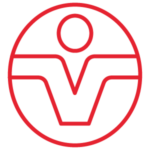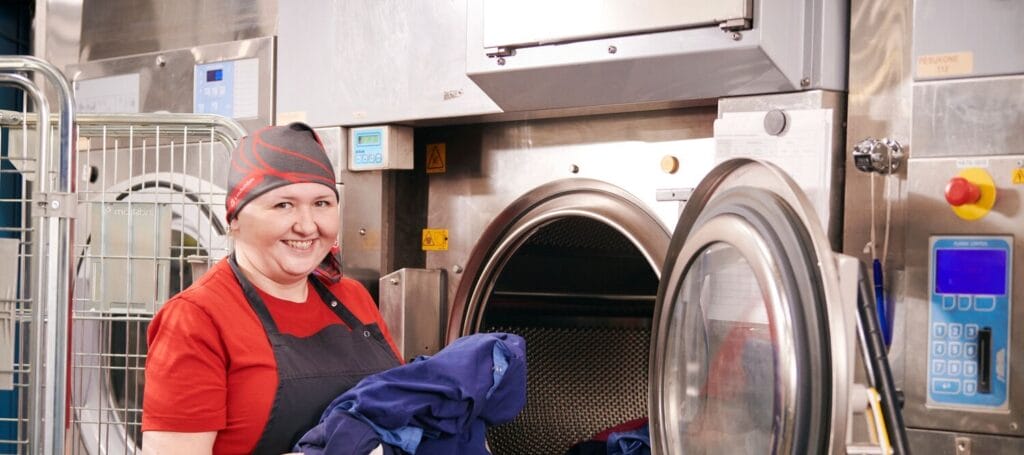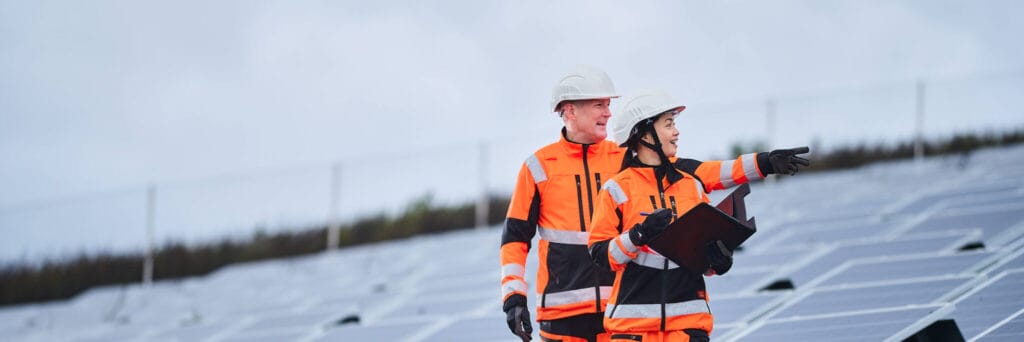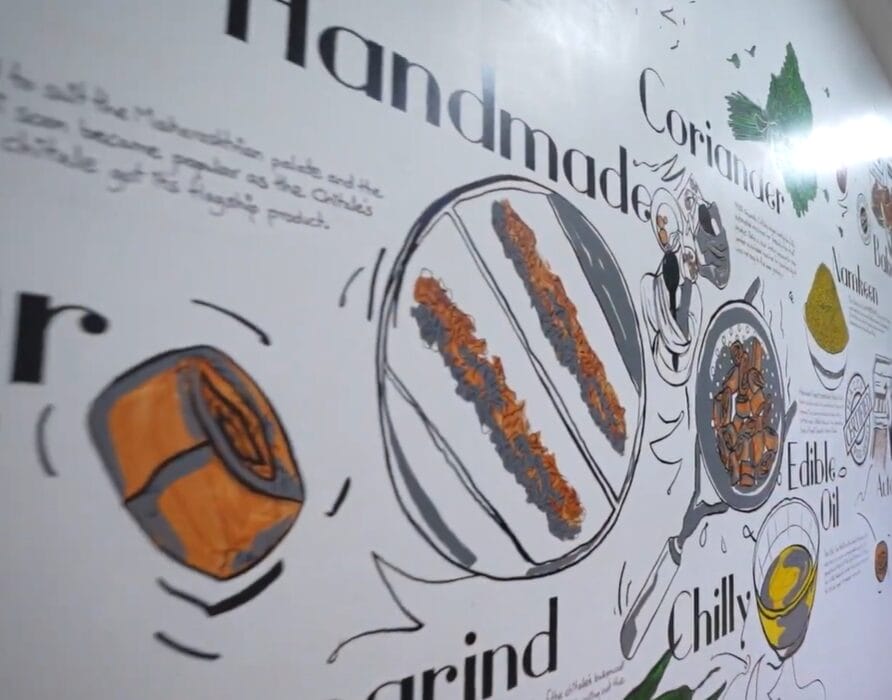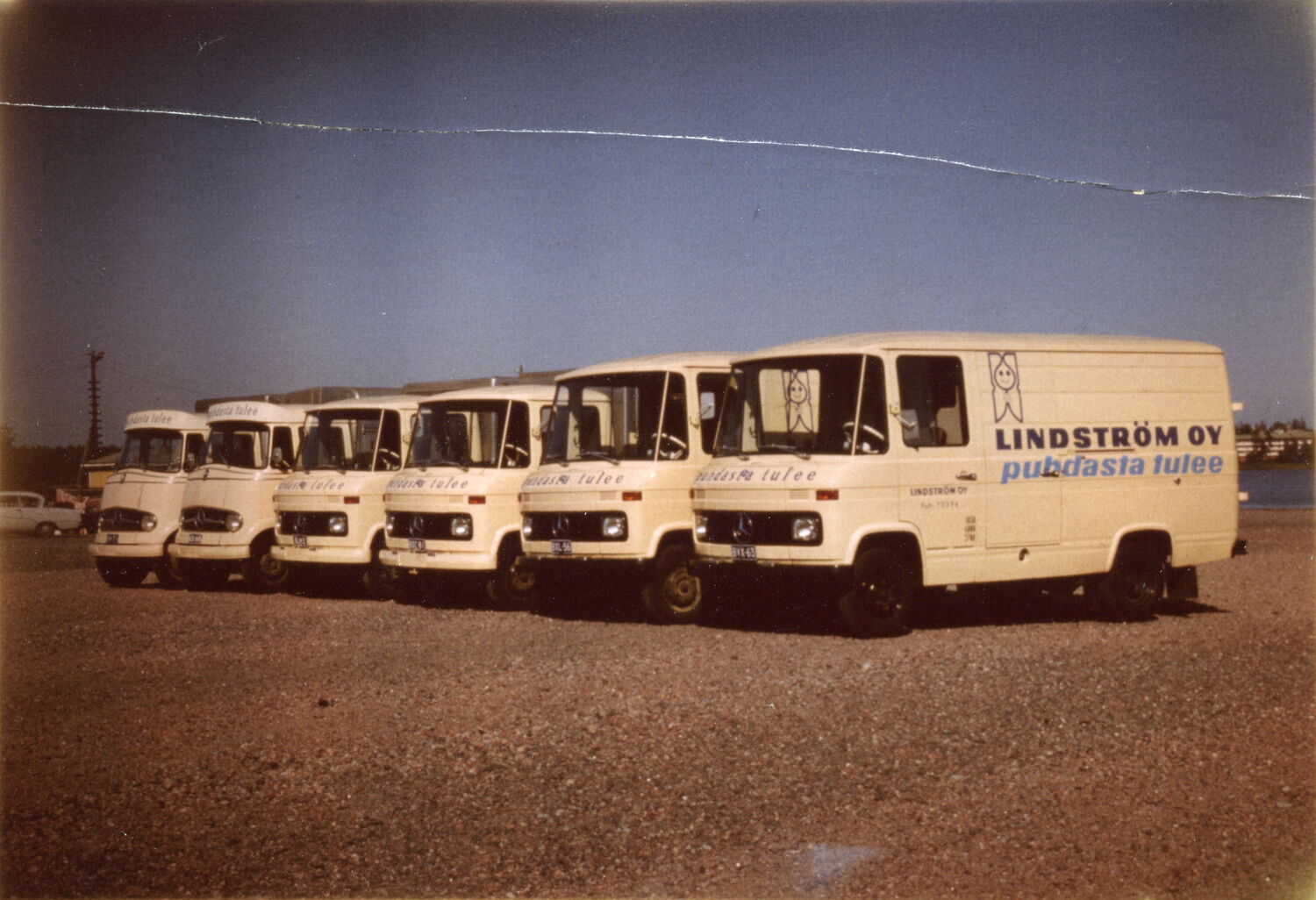
#throwbackThursday – meaningful work since 1848
Lindström is appreciating customers around the world during the annual CX week. Let us take you back to the very beginning for #throwbackThursday.
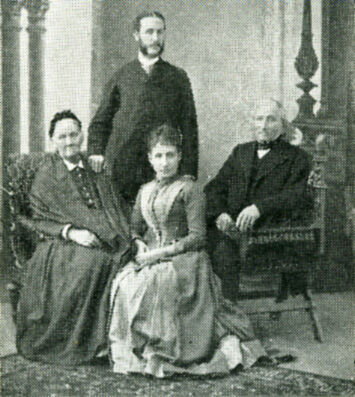
In 1848, Waterloo Station opened its doors in London, England. The same year, 2225 kilometres East, in Helsinki, Finland, Carl August Lindström established Lindström. In the beginning, it was only a textile dyeing house, but 40 years later, the business expanded to include a laundry, providing a new service called dry cleaning.
New owners, new beginnings
Fast-forward another 40 years, and Lindström has been bought by Uusi Pesula Oy (“New Laundry”) and their CEO Johan Roiha. Operations continued under the name Lindström, as did the investments in development and expansion. A small-scale textile rental business was started in Helsinki in 1938, offering linen, sheets, tablecloths, and napkins, as well as doctor’s and barber’s coats to their customers – the first steps toward a circular economy were taken. One year later, the company laundered 2.4 million kilos of textiles and had 300 employees.
The 1940s called for resilience. The laundry was dependent on steam, and due to the fuel shortage, firewood was used to keep the boilers hot. Despite a significant decline in the need for institutional and private laundry services, Lindström still went through 70m3 of firewood every day. Eventually, the company bought its own forest to cover its needs. During the war and post-war years, the textile dye house kept Lindström afloat, as the company gained business from subcontractors to the Finnish armed forces.
Expansion and internationalisation
Lindström entered the 1950s with a new CEO at the wheel, Eino Roiha. To him, it was evident that for the company to have a future, it needed to focus on the rental of workwear and textiles. Roiha spent a lot of time traveling around the world, bringing new inventions and concepts back to Finland, one of them being a new fabric type from the USA that did not require any pressing or ironing. As the 1960s and 1970s came around, domestic washing machines became more common, and the private laundry market started declining. Lindström answered by closing its textile dyeing business and expanding its portfolio to include cotton towel rolls and mats. The expansion was further strengthened by buying two laundry competitors and one cleaning business.
While kids were learning the moves to Michael Jackson’s Thriller in 1982, Lindström made a guest appearance in the cleaning and waste management industry and rented out smoking rooms and air purifiers. Within a decade, this part of the business was separated into its own company, and the focus shifted to bringing Lindström’s textile services to the international stage. Mika Hartikainen, today Senior Vice President, South-East Europe, joined the company in 1987, and has fond memories of those days: “It was amazing to start creating markets in countries that did not have this type of workwear or mat services at all”.
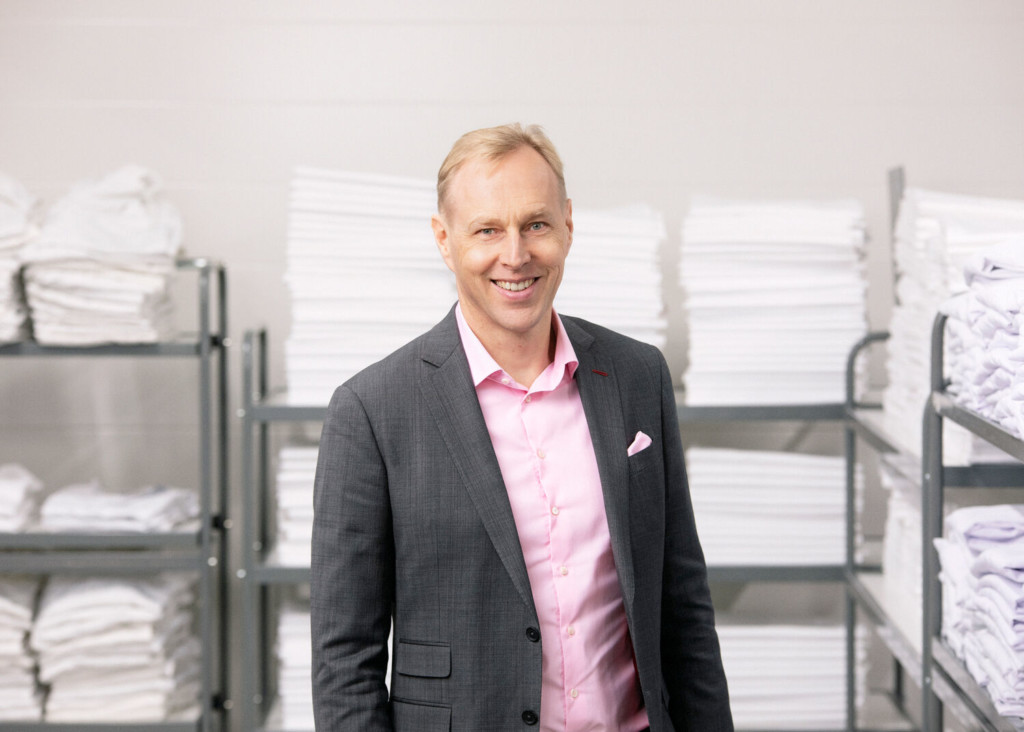
Business on loan
As CEO Eino Roiha retired, Jukka Roiha took over, well aware of the responsibilities it came with:
“A family business is always a loan from one generation to the next. The loan must be managed well with a duty to pass the business on to the next generation in a better condition than before”.
The first subsidiary was founded in Estonia in 1992, and 22 more have followed since, partly through internationalization and partly through acquisitions. Next year, we will celebrate 175 years of business, the last 14 – almost 15! – with Juha Laurio as the CEO. Under his leadership, the focus on sustainability and circular economy has become even more prominent:
“Sustainable practices strengthen our customers’, partners’, and employees’ trust towards us and help us grow and ensure business continuity. Doing meaningful work is highly important”.

